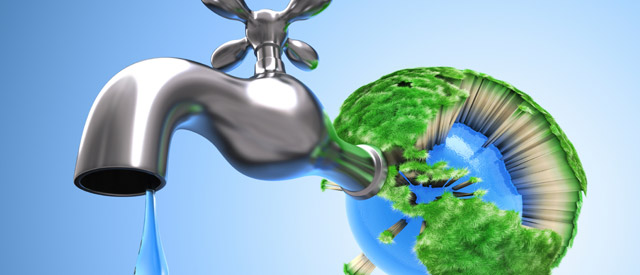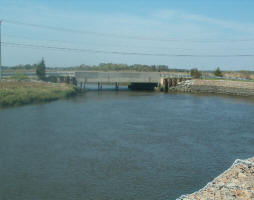 Montenegro: Inadequate study of four dam plan threatens wild beauty
Montenegro: Inadequate study of four dam plan threatens wild beauty
Environment and social impact analysis of a Montenegro government decision to build four dams on the Morača river has been inadequate and an urgent comprehensive review is needed of the 40 year old plan behind the dams, according to WWF and partner NGO Green Home.
"We are extremely concerned by the study published by the Montenegrin government and that the dams constructions would start with a number of crucial questions that still remain unanswered," said Francesca Antonelli, Head of the Freshwater Programme at WWF Mediterranean.
The Morača River, the second most important in Montenegro, provides two thirds of the flows into Lake Skadar, the biggest lake in the Balkans and one of the most important bird and fish habitats in the Mediterranean region, providing more than 90 per cent of fish consumed in Montenegro.
Lake Skadar, listed under the Ramsar Convention as a wetland of international significance, is one of Europe's five most important wintering sites for birds. Very rare endemic species of trout could disappear, and the fishery of Lake Skadar could shrink by 30 per cent - with a loss of some €1.5 million in annual fishing revenues.
The government study - a strategic environmental impact assessment (SEA)- was evaluated by an independent expert commissioned by WWF and its partner NGO Green Home in Montenegro. Results show that many inconsistencies appear and that this project is clearly missing a serious number of elements.
Among the most important, the effects to the population and human health are not appropriately addressed. For example, the SEA states there will be significant impacts on the population resulting from the building of the Andrijevo dam near the capital city of Podgorica which will cause loss of more than 200 buildings.
Despite this, the overall effects to the population and health are evaluated as "beneficial" and the SEA does not provide clear explanation how the adverse effects resulting from the inundation of houses will be balanced by positive effects.Some statements in the SEA Report are not convincingly justified and supported by facts and data. This is mainly related to the effects of dams building on economic development and social issues, which are overall evaluated as positive and beneficial by the government study though they are not satisfactorily substantiated, especially in comparison with anticipated effects to the biodiversity.
WWF/Green Home point out that alternatives to the dams have not been properly evaluated for addressing Montenegro's power needs, such as upgrading transmission lines and better assessing the likely future needs and prospects for greater efficiency in the country's major electricity consumer, the aluminium industry.
"Before sacrificing the pristine canyon of the Morača River, together with arable land, forests, people's homes, and sites of historic and cultural significance, we need to know that hydropower is actually the right solution for Montenegro,"said Darko Pajovič, Head of WWF's partner NGO in Montenegro, Green Home.
"If, indeed, hydropower is part of this nation's future, every effort must be made to minimize its impact on nature and people." said Darko Pajovič.
| Contact information |
Chantal MENARD, WWF Communications Officer
(email: cmenard@wwfmedpo.org) Phone: +39 346 235 74811 |
|---|---|
| News type | Inbrief |
| File link |
http://www.panda.org/what_we_do/where_we_work/mediterranean/news/?191672/Inadequate-study-of-four-dam-plan-leaves-beautiful-Montenegro-at-risk |
| Source of information | WWF |
| Keyword(s) | dams |
| Subject(s) | ENERGY , HYDRAULICS - HYDROLOGY , INFRASTRUCTURES , NATURAL MEDIUM , POLICY-WATER POLICY AND WATER MANAGEMENT |
| Relation | http://www.vimeo.com/9402309 |
| Geographical coverage | Montenegro |
| News date | 01/04/2010 |
| Working language(s) | ENGLISH |
 you are not logged in
you are not logged in





